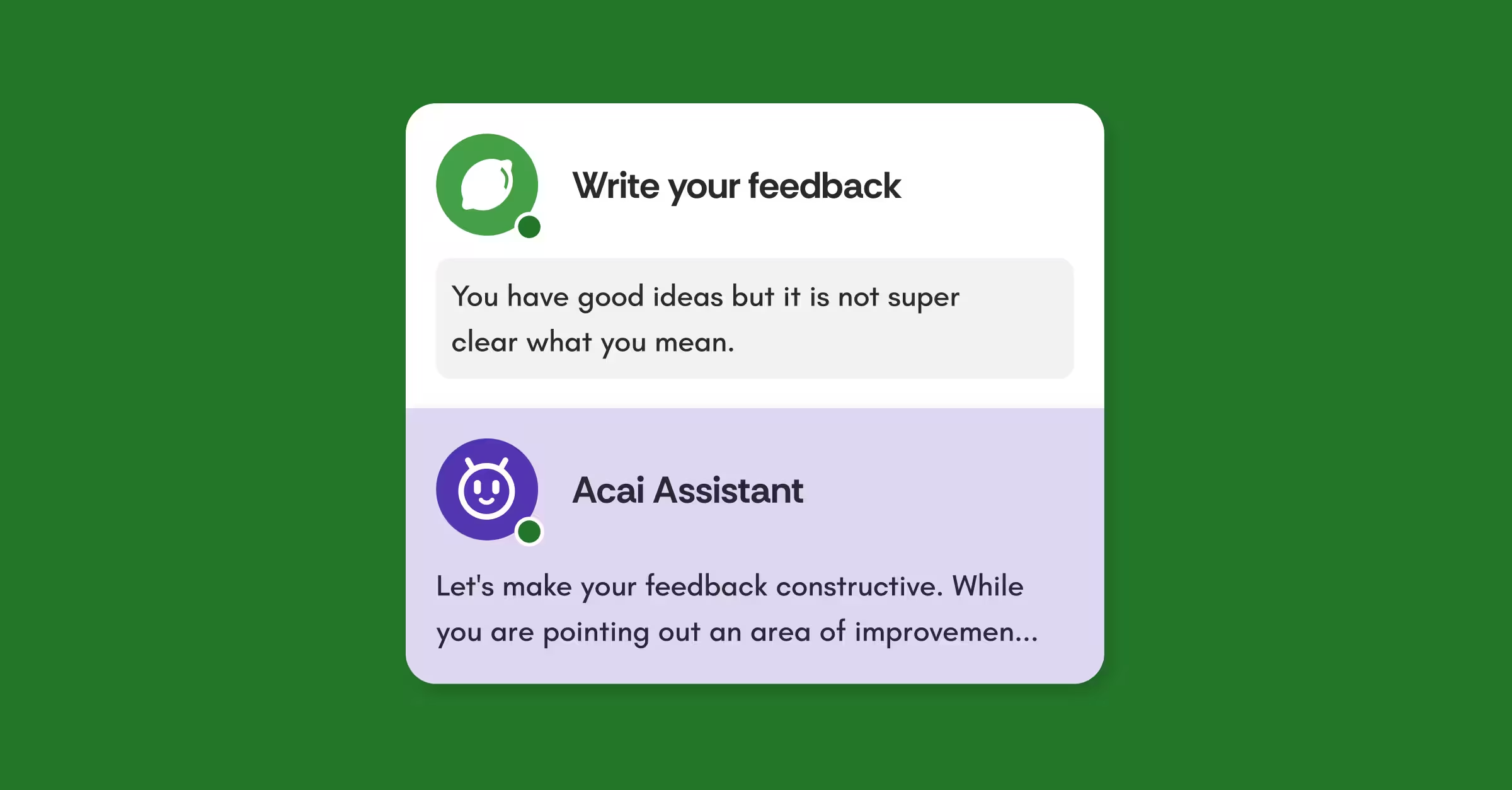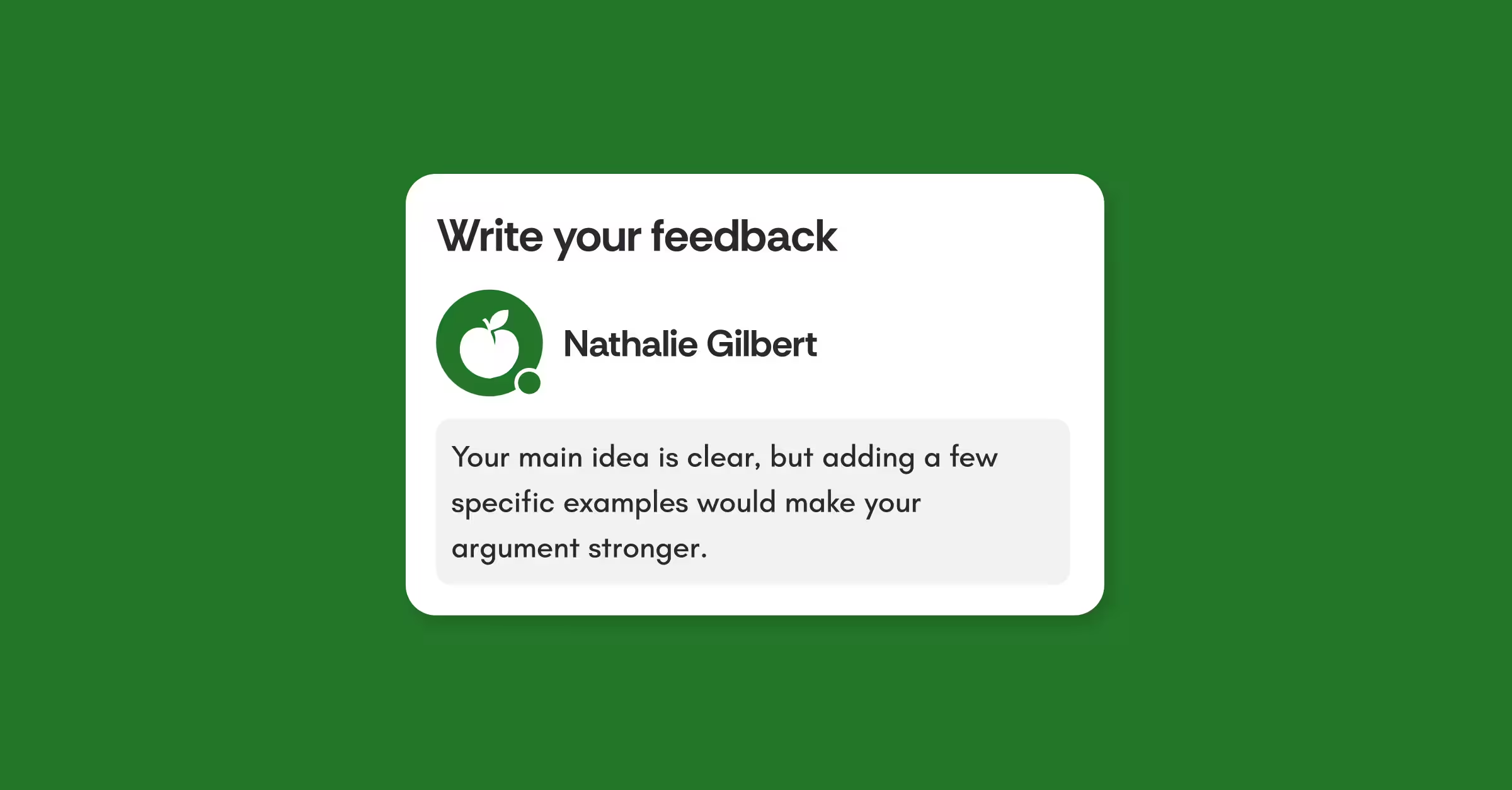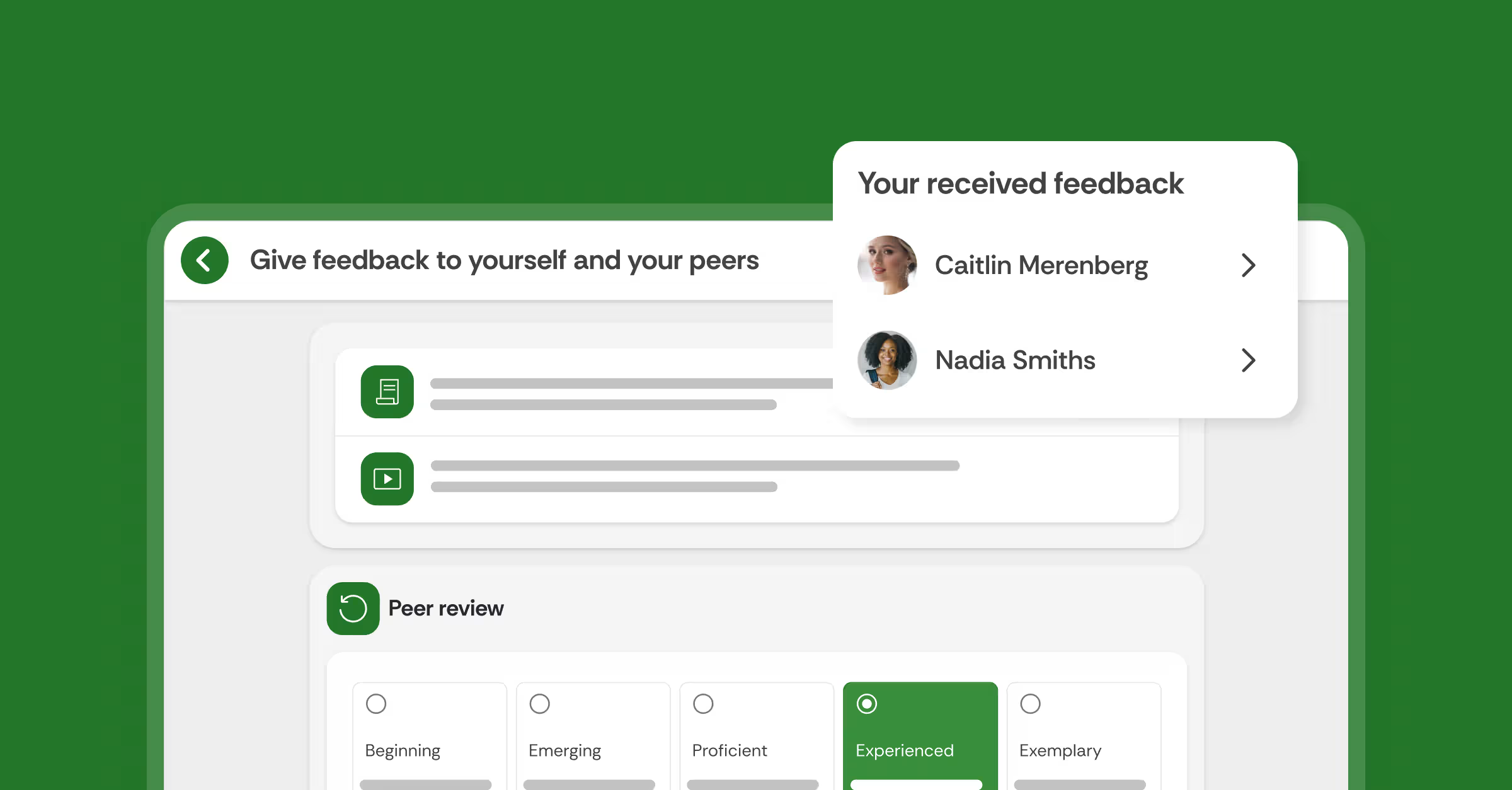Team Based Learning: Maximize the positive effect with pedagogical technology
Our Team Based Learning tool was initially created to support the facilitation of the iRAT and tRAT stage. The tool has been updated to optimize the entire team-based learning process, from preparation, readiness assurance process, to the peer evaluation step. Details of the enhanced version can be found in this article.

”One of the magic things of Team-Based Learning is that they really end up as teams, though they don’t start out that way”, stated Dr. Larry Michaelsen, Central Missouri State University when talking about his novel pedagogical approach: Team-Based Learning (TBL).
In 1979, Dr. Michaelsen first developed the initial version of TBL to engage his large class in active problem solving, and to motivate his students to prepare before in-class sessions. The approach involved a preparation phase in which students studied the materials, then took a test individually and in groups. This was then followed by classroom lectures where students worked on the “4S framework” activities.
The implementation was a success, as Dr. Michaelsen found that this new approach significantly enhanced students’ engagement with content and their ability to apply the learned knowledge for problem solving.
[Teams] will have no hesitancy to challenge each other if they have a difference of opinion. It now becomes more important to be right, rather than polite. - Dr. Michaelsen
Ever since, TBL has been accepted and utilized by instructors worldwide to foster learner engagement, interaction and lifelong skills like critical thinking, collaboration, and teamwork.
Read more about the TBL approach: its definition, benefits, and how to facilitate the approach in this article.
The rise of online/ hybrid learning and TBL facilitation
With the rise of online and hybrid learning, instructors face a new demand for facilitating TBL, which are:
- Maintaining and monitoring students’ engagement during the Preparation stage
- Reducing free-riding in the tRAT and classroom activities stage
- Saving time designing and creating a TBL activity
This is where pedagogical technology comes in, by offering endless opportunities to optimize and support the modern implementation of TBL.
However, concerns have been raised over the effectiveness of existing TBL tools, mainly regarding poor integration with the LMSs; lack of automatic group synchronization; and unfriendly user interface. Most importantly, instructors complain about how the TBL tool doesn’t support the tRAT step: only one student can answer on behalf of the team instead of all members.
At FeedbackFruits, we’re constantly working to improve and develop technological solutions to help instructors enhance the teaching experience. That’s why we created a modern implementation of the TBL tools that excels beyond the current standards.
In collaboration with IE Business School, we analyzed the pain points and developed the Team Based Learning tool: a tool that helps you improve student engagement at different stages as well as saving instructors a significant amount of time in activity setup.
Are you already curious about this new tool? Keep reading to explore our co-creation story with IE Business School and details on Team Based Learning.
Co-creating Team Based Learning with IE Business School
Developing lifelong skills (critical thinking, collaboration, and problem solving) has always remained the central pedagogical theme at IE Business School. Therefore, new teaching methods that emphasize the immersion in real-life scenarios like team-based, experiential, and problem-based learning are regularly adopted in their curriculum. That’s why IE Business School developed a technology-based learning ecosystem that makes use of teaching tools to support these novel teaching approaches.
Team-based learning is one of the teaching methods that has received more attention at IE recently. Its unique form of small group learning and coherent flipped-learning framework proves to be an ideal strategy to foster active learning and lifelong skills.
The IE team had been applying an external tool to help facilitate TBL, but it didn't meet their needs due to poor integration into Blackboard, and user-unfriendly interface. Most importantly, the tool fails to sufficiently facilitate the Readiness Assurance Process (RAP) within the IE learning environment. Accordingly, there has been a significant need for a new TBL tool that is seamlessly integrated into the LMS, easy to use, and improves different elements of the framework.
This need is now put into practice via the introduction of Team Based Learning - a tool to support instructors in facilitating team-based learning, fostering the development of collaborative learning, and supporting students’ conceptual and practical knowledge.
We'd also like to note that team-based learning is a phased learning activity – consisting of 6 phases – and should be implemented in its full form to reap all of the positive outcomes associated with its practice. FeedbackFruits Team Based Learning tool now supports the entire TBL process.
How does Team Based Learning work?
Initially Team Based Learning is designed around two main modules: the individual Readiness Assurance Test (iRAT) and team Readiness Assurance Test (tRAT). The instructor sets up a multiple choice quiz with deadlines and instructions. This quiz is then completed twice by students, firstly in an individual setting (iRAT step) and then in a group setting (tRAT step).
During our collaboration with institutions to enhance online/hybrid team-based learning, we came across challenges regarding the facilitation of different aspects in the TBL activity, such as asynchronous timing, group leadership arrangement, team evaluation design, and more. That’s why we have updated the tool to support the entire TBL process, with new features to support a more reflective, engaging, and connected learning experience. Check out this article for detailed explanations of the updates.
Why should you use TBL for your courses?
Team Based Learning offer a number of features to optimize each stage of the TBL process:
- Group-based answering: enables students to complete the tRAT step in groups, which the teachers can import directly from the LMS.
- Deadline control: let teachers set deadlines for when they would like both the iRAT and the tRAT step to be available for students.
- Question analytics: offers instructors oversight on how questions are answered by students in both steps, thus helping them identify which questions were found to be most difficult.
- Results summary: provides a summary of students' performance after they have completed both the iRAT and tRAT steps of the TBL activity.
You can find further information about these features in this article
- Scratch-off questions: allows for multiple attempts to answer the question and provide immediate feedback after the submission.
Read this article to check how Scratch-off mode works in Team Based Learning
In case you need more details on our Team-Based Learning tool, here are some great readings prepared by our team to help you get started:
















![[New] Competency-Based Assessment](https://no-cache.hubspot.com/cta/default/3782716/interactive-146849337207.png)










